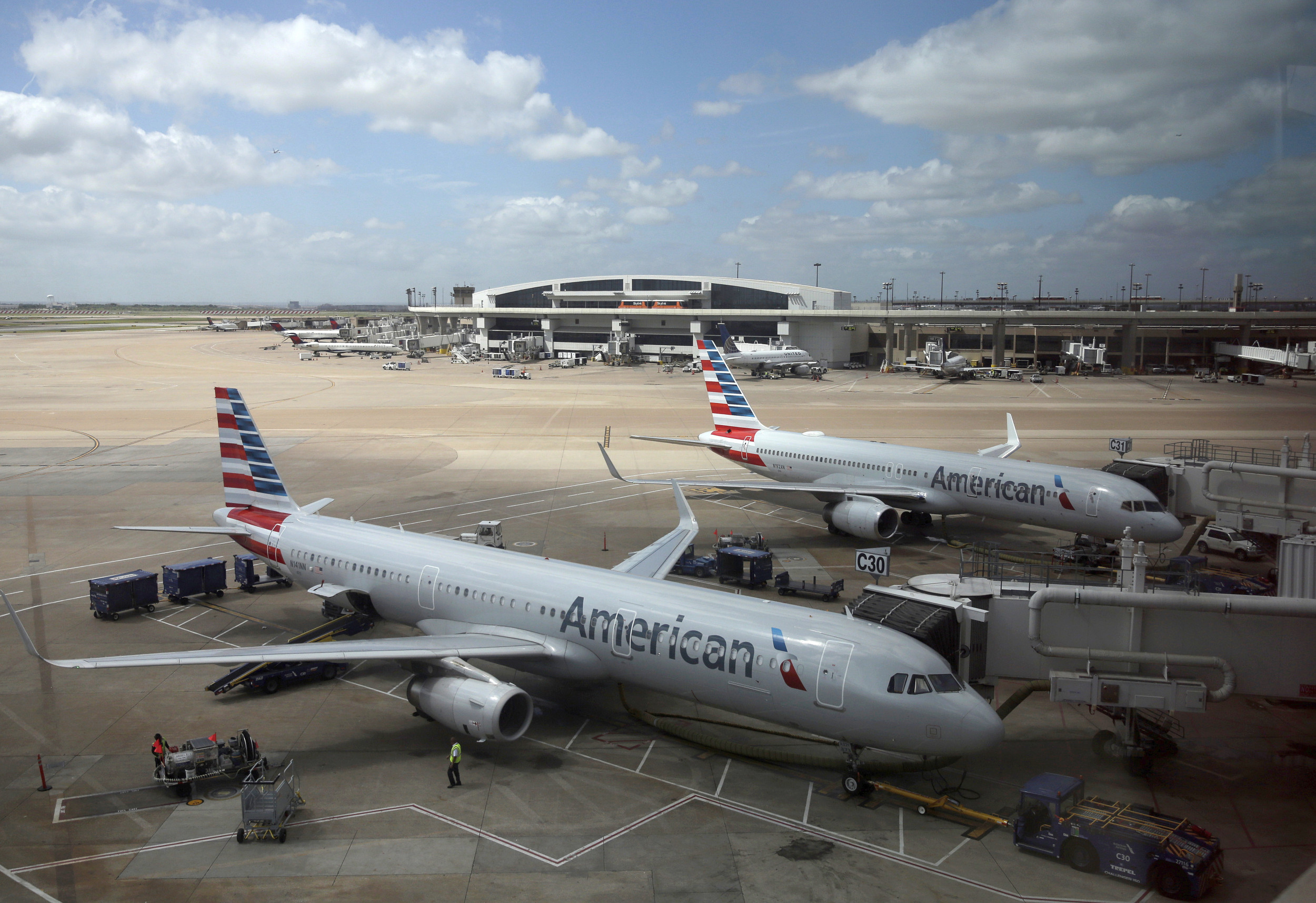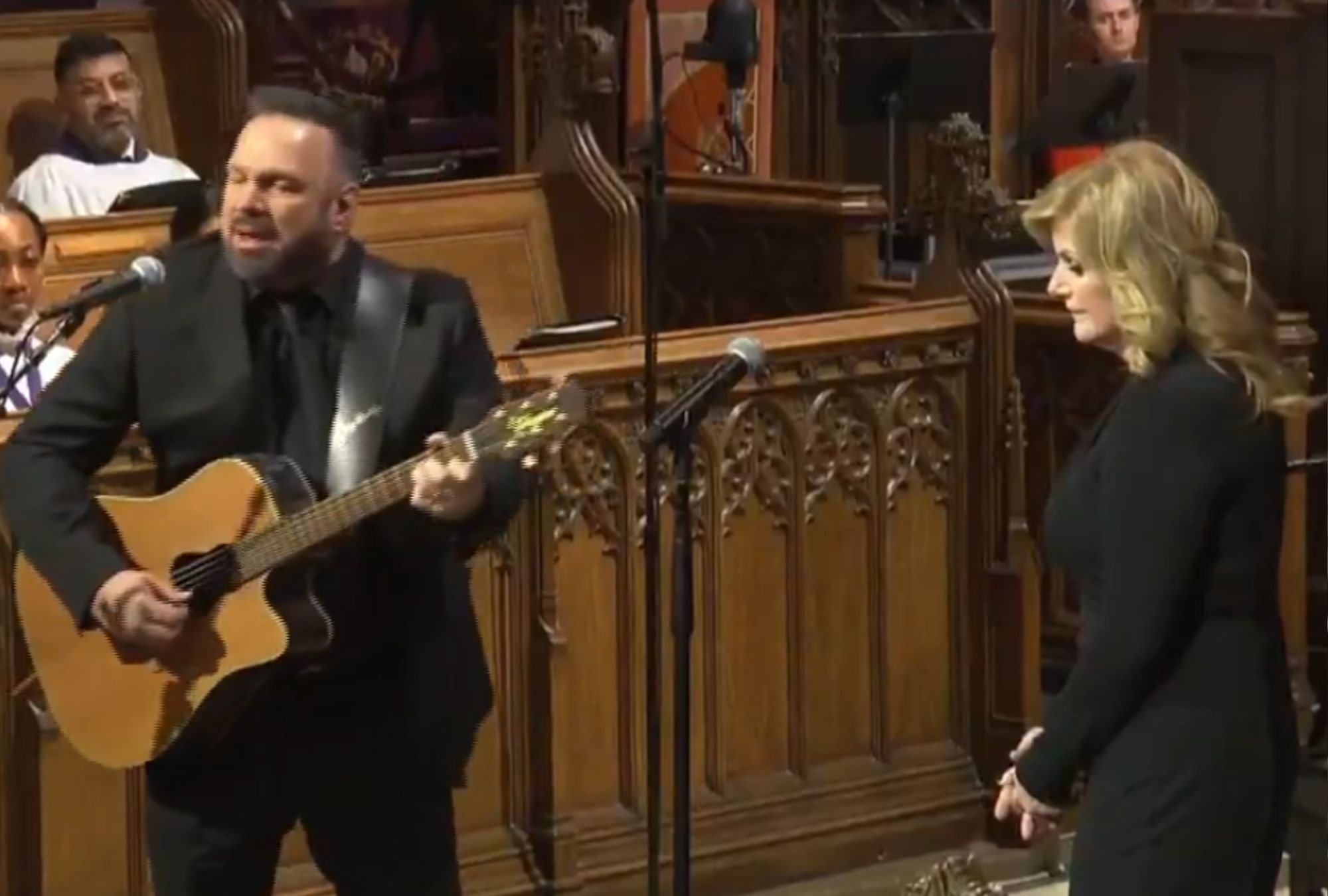This year's Atlantic hurricane season has been a dramatic one, with the U.S. coast repeatedly slammed by powerful storms.
The hurricane season runs between June 1 and November 30 every year, and 2024 has seen several record-breaking storms, bringing vast amounts of destruction and claiming many lives.
As the most recent hurricane of the season—the short-lived Hurricane Oscar—starts to dissipate in the Atlantic, will there be any more hurricanes in 2024?

Hurricane Season Dates
The Atlantic hurricane season stretches from June to November because this period brings the most favorable conditions for the formation of hurricanes in the Atlantic Ocean. These include warm ocean temperatures, low wind shear, and moisture in the atmosphere.
"Generally, [hurricane development] needs a warm ocean (to provide energy source for the system to grow), and little change in wind speed and direction between the upper and lower levels of the atmosphere, known as vertical wind shear (to allow the air mass to rise vertically to high levels to further develop the towering deep clouds)," Xiangbo Feng, a tropical storm expert at the U.K.'s University of Reading, told Newsweek.
The Atlantic Ocean reaches these ideal temperatures in late spring and stays warm through early fall, and wind shear is also generally low during this period, creating the perfect environment for storms to intensify.
2024 Hurricane Season Storms
First Hurricane Beryl blustered into Texas as a Category 1 storm on July 8, having reached Category 5 on its journey across the Caribbean. Beryl was the strongest July hurricane ever recorded, the first storm to ever reach Category 4 in the month of June, and the earliest Category 5 on record.
Beryl was followed by the Category 1 Hurricane Debby, which hit Florida's Big Bend region in early August. On September 11, Hurricane Francine hit Louisiana as a Category 2, triggering flash flooding and storm surges along the Gulf Coast. Next, within two weeks of each other, came Hurricane Helene on September 26 and Hurricane Milton on October 9, both of which slammed into Florida's western coast and caused immense flooding both along the coast and inland.
Milton, which hit Category 5 as it approached Florida before dropping back to a Category 3 by the time it made landfall, is considered the fifth most powerful Atlantic hurricane in recorded history by central pressure, and tied for the third-strongest hurricane in Atlantic history by wind speed.
"There have only been five other years (since 1950) in which there were more than one Category 5 hurricane in a single season; 1961 (2), 2005 (4), 2007 (2), 2017 (2), and most recently 2019 (2)," the National Oceanic and Atmospheric Administration (NOAA) said.
There were several other named storms and hurricanes this year, including Alberto, Ernesto, Gordon, Isaac, and Kirk, but these did not hit the U.S.
Is There Another Hurricane Coming?
Due to how late it is in the hurricane season, it may be unlikely for us to see another storm as strong as Milton in the remainder of 2024.
"Storms can intensify fast if they encounter the right conditions and that could happen at any time," Annalisa Bracco, a professor of ocean and climate dynamics at the Georgia Institute of Technology, told Newsweek. "But we are later in the season, and that means that favorable conditions for fast intensification are less likely than when Milton happened. Wind shear tends to be stronger (on average) at the end of October compared to early September, [sea surface temperatures] are on average cooler than in August-September, etc."
However, the weather doesn't necessarily follow the rules, so until the hurricane season ends, we don't truly know that we're out of the woods.
Before the start of this year's hurricane season, NOAA predicted that 2024 would have an 85 percent chance of an above-normal season, seeing between 17 and 25 total named storms, of which eight to 13 were forecast to become hurricanes, with four to seven become major hurricanes. A typical season sees 14 named storms, of which seven hit hurricane-strength and three become major hurricanes.
Including Oscar, we have seen 15 named storms so far, 10 hurricanes, and four major hurricanes, meaning that there could still be some surprises on the way.
Storms To Keep an Eye on Right Now
There are currently no storms or depressions in the Atlantic other than Tropical Storm Oscar, which was a Category 1 hurricane when it made landfall in Cuba. This storm is expected to disappear in the next few days.
5am EDT Tue Key Messages for Tropical Storm #Oscar. The main threat is heavy rain across portions of the southeastern #Bahamas, as well as the Turks & Caicos Islands. Although rains have eased over eastern #Cuba, flooding from rain that already occurred is still a concern.
More… pic.twitter.com/QlsoiHT0Jf
"Oscar could dissipate later today, or merge with an extratropical low-pressure system within the next couple of days," the National Hurricane Center said.
If any other depressions strengthen into a tropical storm or hurricane this year, they will be named Patty, Rafael, Sara, Tony, Valerie, and William.
Do you have a tip on a science story that Newsweek should be covering? Do you have a question about hurricanes? Let us know via science@newsweek.com.




















 English (US) ·
English (US) ·